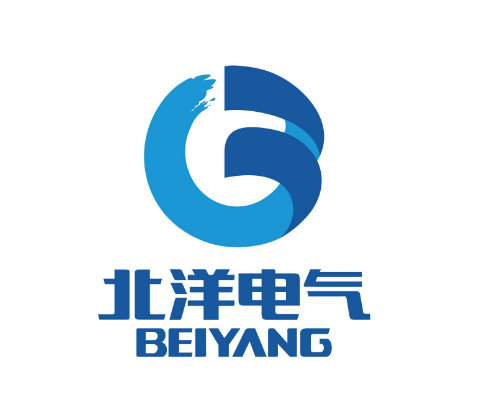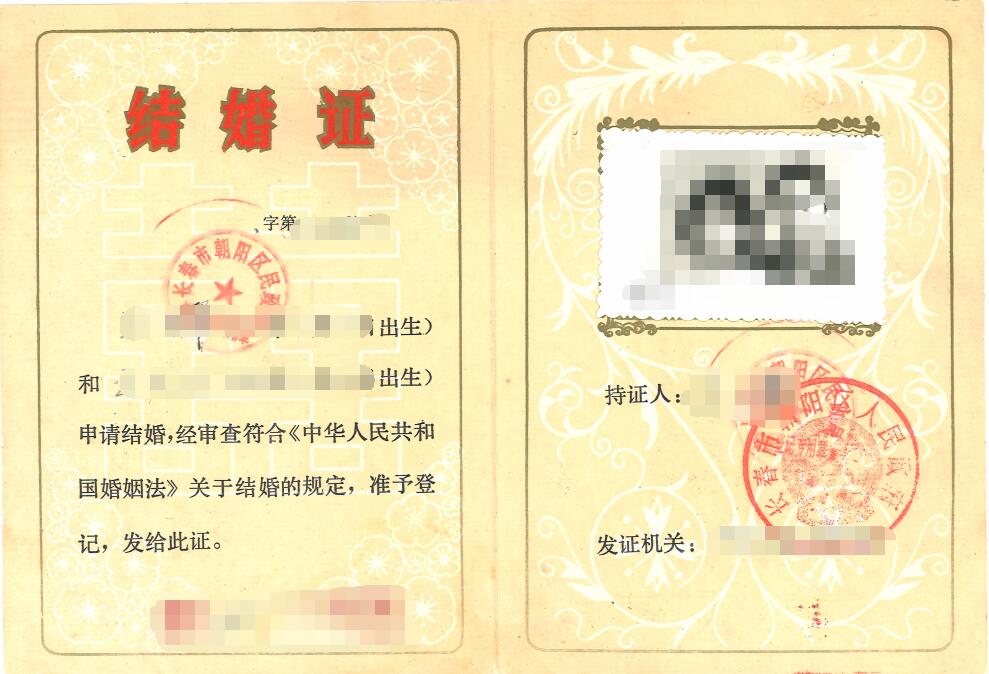翻译新闻 News
译洁威海翻译公司介绍商务英语状语从句的翻译
来源:网络 作者:本站 发布时间:2019年10月28日 阅读次数: 次
英语状语从句包括表示时间、原因、条件、让步、目的等各种从句。由于英汉语言表达习惯不同,在词序和句子结构方面,均有许多差异。英语注重形合,大量使用关联词,叙述顺序比较灵活,状语位置可前置,也可后置;而汉语注重意合,语序比较固定,一般是先说时间,后说地点;先发生的在前,后发生的在后;威海翻译公司原因在前,结果在后;条件在前,事实在后。为了使译文通顺易懂,翻译时可不必拘泥原文结构形式以及结构之间的关系。主要是要抓住它们所表达的语义,然后按照汉语表达习惯再现出来。为了符合汉语表达习惯,可增添表示逻辑关系的汉语词组或关联词。同样也可将原文中虽有,但在汉语译文中成为赘余的词组省略。
1. 英语原因状语从句的翻译
对于英语原因状语从句,一般译成中文表因果关系的复合句。
例 1 Because every factory or business established in SEZs is new,imports of production and consumer goods are exempted from customs duties.
译文:由于在经济特区建立的每一个工厂或企业是新的,所以进口的生产资料或消费品均免征进口税。(状语从句在原文和译文中均前置,但汉语译文中增加了“所以”二字)
例 2 Developing countries may have comparative advantages in transferring technical services as such services normally do not require a high level of investment by the supplier.
译文:发展中国家在转让技术服务方面可能有相对优势,因为供货人一般不需要为这样的服务提供髙水准的投资。(在这个句子中,状语从句在原文和译文中均后置,顺序一致)
例 3 Since their purchase from China is only a small part of their total sales,the cost of doing so is absorbed by ihe large profit margin of their own material.
译文:由于他们从中国购进的货物在其销售总额中所占比重微乎其微,这一部分的高成本已被他们出售自己商品所得的高额利润所冲销。(“由于”、 “因为”是汉语中常常用来表“因”的关联词。
一般说来,汉语表因的分句在表 果分句之前,英语则比较灵活。)
2. 英语时间状语从句的翻译
英文中时间状语从句可以直译为中文的时间状语。
例 4 As soon as the new price-lists are ready,we shall be sending copies to all customers.
译文:一俟新价格单印妥,我们就寄给所有的客户。
例 5 Since business relations between our two banks resumed two years ago,the letters of credit opened by either bank have so far been directed through a third bank.
译文:自从两年前我们两家银行恢复业务关系以来,各自开立的信用证一直由第三家银行保兑。
从以上两个例句我们看到:两例译文表示时间的状语置于句首,与原文—致。
3. 英语让步状语从句的翻译
英文中让步状语从句一般译成中文表让步的状语。
例 6 Although not all published Chinese statistics tell the same story, there is no doubt, that visible trade has built up a substantial surplus.
译文:虽然中国公开的(关于无形贸易额)统计数字口径并非一致,有形贸易巳经积累起可观的盈余是不容置疑的。
例 7 Even when a country has become an exporter of hardware teohnolog, she will remain a net importer of software technology for a long time.
译文:即使一个国家成了硬件技术的出口国,在很长一段时间内,这个国家仍将是软件纯进口国。
例 8 Now that we know each other well, we think there is no point to continue to open L\C through a third bank to add to the cost.
译文:而今既然我们彼此已很了解,没有必要继续通过第三家银行开出信用证而加大业务成本了。
从这些例句中可以看出:“虽然”、“尽管”、“即使”等是汉语中表示让步的常用关联词,汉语中表示让步的分句一般前置的为多,英语中则比较灵活。
4. 英语条件(假设)状语从句的翻译
英文中条件或假设状语从句一般译成中文的条件或假设状语或分句。
例 9 If only half of the remainder ( say $11.5 billion of the total $23 billion) to be borrowed is raised from commercial sources it will still represent an annual average of $ 2.3 billion for each year of the five-year plan.
译文:假如剩下的资金(比如说230亿美元)的一半(115亿美元)是从商业渠道筹措的话,那仍意味着在五年计划期间年平均筹措资金额为23亿美元。
例 10 If the negotiations between the rich northern nations and the poor southern nations make headway,it is intended that a ministerial session in December should he arranged.
译文:要是北方富国和南方穷国的谈判获得进展的话,就打算在12月份安排召开一次部长级会议。
从以上几个例句不难看出,“要是”、“如果”、“假如”等都是汉语表示“条件”或“假设”的常用关联词。在语气上“只要/只有”最强,“如果”最弱。英语中表示“条件”、“假设”的从句前置或后置比较灵活,汉语中这类从句一般前置。
5. 英语目的状语从句的翻译
英文中目的状语从句一般译成中文的目的状语。汉语里表“目的”的分句常用的关联词有“为了”、“省得”、“以免”、“以便”等。“为了”往往用于前置分句,“省得”、“以使”等一般用于后置分句。
例 11 But while we cannot close the gulf between us, we can try to bridge it so that we may be able to talk across it.
译文:虽然我们不能弥合我们之间的鸿沟,但是我们却能够设法搭一座桥,以使我们能够越过它迸行会谈。



















